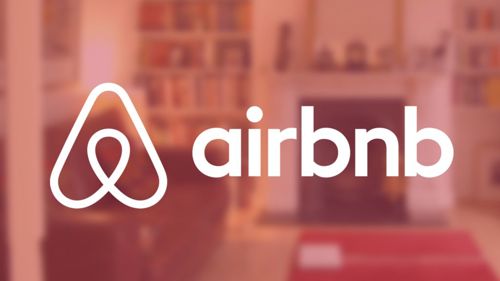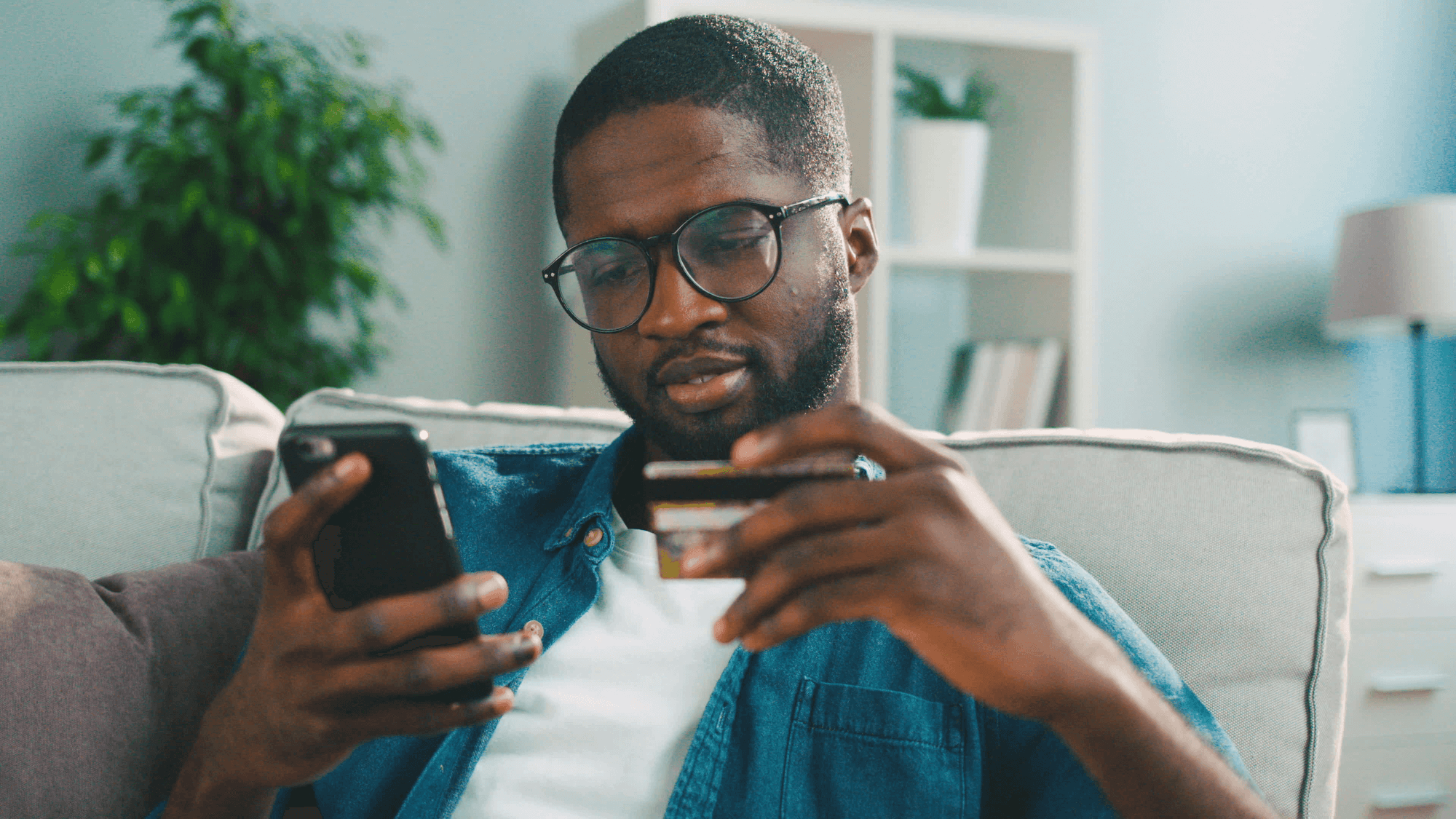Poor experiences now will be remembered later. A crisis, like a recession or COVID-19, creates scenarios where it’s easy to not prioritise certain ‘luxuries’, such as digital experience.
But this can be damaging for your organisation in both the short and long term. Because bad experiences attached to heightened negative emotions can be unforgettable.
In this unprecedented time, we’re out of routine, breaking behavioural habits and listening to updates and activity surrounding COVID-19. Some of us find ourselves more time-rich than we have been in a very long time (not those of us with children of course).
In short, we’re paying attention.
Not only that, but we’re also hard-wired to respond and behave as our emotional state dictates. The strongest amongst these are the heightened negative emotions which many of us are seeing and experiencing right now. Whether it’s finances, children’s education, or the wellbeing of friends and family, we certainly know what it feels like for our brain to step into a reactive, critical and emotional frame of mind. And this matters.
Human behaviours are not grounded in logic
Your customers have been experiencing poor interactions left, right and centre since we've all started feeling the impact of COVID-19. This isn’t us pointing fingers, this is the truth. Long wait times, uncertain digital user journeys to find information or make cancellations are going to be speaking volumes about your organisation. Now, of course, people do realise why this is happening and that businesses are feeling their way through this uncertain time just as much as individuals are. Logically, we all understand. But the key thing to note here is that human behaviours are not grounded in logic.
“The human brain is built to shortcut to critical thinking.”
A huge majority of the beliefs we hold and the decisions we make are grounded and led by emotion (over 90% depending on which behavioural science reference you use). And you guessed it, one of the strongest of these is fear. It’s why we see panic buying in the shops. It’s why we might feel an urge to pick up a couple more packets of pasta if someone else reaches out to pick up more than us off the shelf, just as we’re looking to get some too. Our brains are literally built to shortcut to critical thinking. The context we’re in primes our behaviours and a negative emotional state of mind is right up there.
So… We’re paying attention, primed with negative emotional context and thinking critically. Enter - our next brand experience.
After context comes experience
Given the current situation, many brand experiences customers are having right now are with customer service teams to find out information surrounding their options, cancellations and refunds. So many companies make changes and cancellations difficult, awkward and sometimes hidden. Whilst this might feel like a tempting thing to do to reduce your loss of business, now more than ever, it’s a big and memorable turn-off. Here’s one example we’ve seen where it was surprisingly taken one step further.
Ryanair, along with many airlines, began cancelling flights as countries around the world stopped non-essential travel. But two hours before a cancelled flight was scheduled to take off, this happened.

Was this done because of money? Did Ryanair send the reverse flight cancellation notice less than 2 hours before take-off because if it remained cancelled, customers could change the flight free of charge? It doesn’t even matter. What matters is what Ryanair’s customers believe and I’ll let you work that one out for yourself. What also matters is the heightened emotional frame of mind we’re in right now. So you can bet they’ll moan about it to friends and family, tell their social media communities and do what they can to avoid using Ryanair again.
“When it comes to recalling an experience, what we remember most is the emotional peak.”
Because when it comes to recalling an experience, we don’t remember the overall sum of how good it was or the mean average of how satisfied we were from beginning to end. What we remember most is the emotional peak, be that good or bad. And deliberately acting to take your customers’ money in a time of global economic and health crisis - that would be peak… …you know.
"Sorry, not sorry"
We know that poor experiences now will be remembered later. We’re not just talking about the blatantly unethical experiences, we’re talking about hours spent waiting in response to a query. We’re talking about horribly complicated journeys to find out cancellation terms & conditions. We’re talking about policies that say no refunds if you cancel - sorry, not sorry. Yes, businesses are facing difficulty and uncertainty, but bad user experiences are going to amplify this. Your customers aren’t going to simply take a forgive and forget approach to poor experience after a poor experience at a time when they’re primed by negative emotion which drives critical thinking.
How Airbnb did it
Let’s consider a good example of what to do, this time from Airbnb. In a seamless experience that greatly surpassed my expectation, I cancelled my upcoming Airbnb trips for full refunds quicker than my partner made me a coffee. When I clicked into My Trips in the app to view my booking, there was a notification waiting for me right at the top. It succinctly explained that COVID-19 affected the area my booking was is in and that I was entitled to a full refund as per Airbnb's Extenuating Circumstances Policy. Not only was this information proactively shown in a relevant way for my trip, but the user journey to cancel was easy. It involved two or three clicks and a pre-populated note to the host, referencing COVID-19. It was so speedy and simple that I didn’t even stop to think about taking a screengrab to show it.

Whether it’s a seamless cancellation experience, a chatbot that navigates people through FAQs reducing customer service calls, intuitive search or AI language recognition to prioritise emails by urgency, these experiences need to serve your customers.
If you can't offer refunds...
Of course, not every business can afford to give all customers refunds and survive to the end of the week. This doesn’t have to mean the end. Here’s an example of how to manage the situation from Much Better Adventures, a company that organises small group adventure holidays with local guides around the world.

Much Better Adventures is offering for the trip to be postponed until you can decide on a suitable date. They’ll hold this for life and as a customer, I won’t need to pay any more. Not only was the user journey a simple one, but the proposition exceeded my expectation (I thought I would at least need to select a new date). Following this positive peak that has exceeded my expectation, I will now not only remember it but continue to be a loyal customer for future holidays. There are also other ways business are tailoring their experiences, including pay it forwards incentives, honest and empathetic communications and more.
The time to show you're customer-centric is during a crisis
This is the time to deliver digital experiences in a human, customer-centric way - it’s about doing what is best for the customers that are coming to you right now. Having rigid cancellation clauses, not answering queries or prioritising for future customers once this all dies down isn’t doing what’s best. So don’t think that making it hard to cancel bookings/orders in the short term is going to help you in the long term. It won’t.
The digital experiences that your customers have over the next days, weeks and months are important. None of us wants to see ongoing frustrations and negativity, so let's prioritise wisely and look after your customers.
This resource is part of our Adapt to COVID-19 content series.

Author: Rebecca Hemming, UX Strategist at Freestyle
Winner of the Young (under 30) Tech Talent 2020, Rebecca is skilled in distilling business and audience insight into strategic activity that drives results and pushes the boundaries of UX. She’s worked with a variety of consumer and B2B brands, including Calor, Homebase, Informa, Mammoet and CIMSPA. She is passionate about inspiring young people and has mentored a number of students, including the Millennial Mentoring Programme which culminated on stage at SXSW.
At Freestyle, we partner with organisations to help them evolve their business and customer experiences for the future, by building venturing capability and creating new products and services.
If you're ready to have a chat about how we can help you innovate, drop us a line: hello@freestyle.agency

